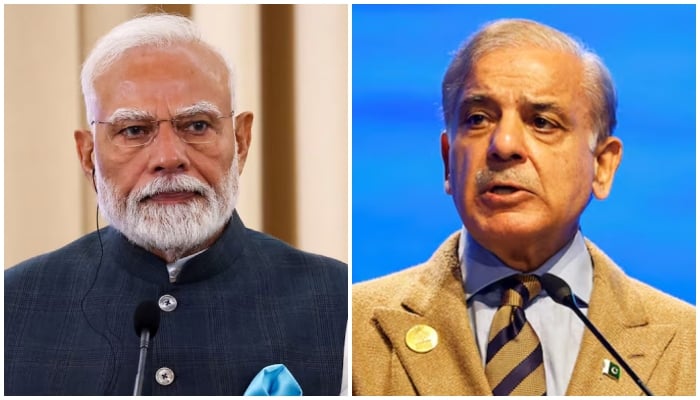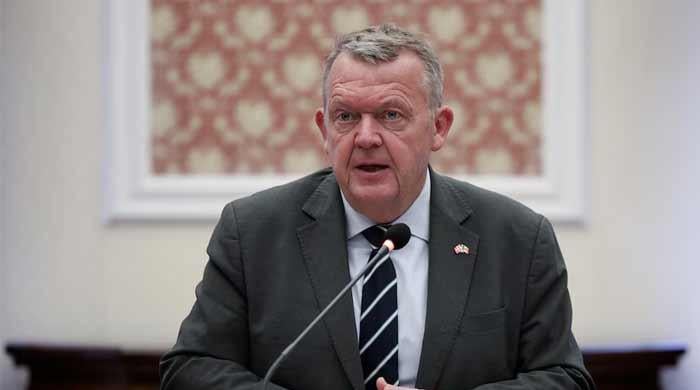Beyond triumphalism: Pakistan's moment for strategic magnanimity
Pakistan gets generational chance to redefine its identity from reactionary state to sovereign, self-possessed geopolitical actor
May 12, 2025

Recent military successes in skirmishes with India have brought Pakistan to a unique historical juncture. For the first time in decades, the country holds not only a tactical advantage but also an opportunity to reshape its global posture — not through the chest-thumping of battlefield triumphalism, but through the rarer, more dignified path of statesmanship.
The temptation to revel in the dopamine rush of a military upper hand is understandable. But that energy must now be alchemised into diplomatic capital. The most optimal use of this moment is not just to secure regional prestige, but to transform it into lasting leverage — by appearing as the more mature, magnanimous actor ready to turn the page on a festering and perilous status quo.
Now is the time for Pakistan to publicly extend a bold and structured invitation to India for comprehensive dialogue — on all outstanding issues, including cross-border terrorism, Kashmir, water treaties, and regional destabilization. In doing so, Pakistan can begin to defang some of its own outdated and dangerous entanglements from the 1990s while exposing India's complicity in fomenting violence in Balochistan and Afghanistan. Such an overture, framed in civility and reason, would cast India as the reluctant partner in peace, and Pakistan as the forward-thinking nation seeking regional healing.
Diplomatic leverage is best exerted not through gloating over a weakened counterpart, but by offering them a dignified off-ramp. Modi's Hindutva regime is teetering under domestic discontent and international disapproval. Israel's genocidal excesses have eroded its moral cover globally, making its partnerships increasingly toxic. Against this backdrop, a poised and peace-inclined Pakistan appears not only as a military equalizer but as a regional stabilizer.
Moreover, global powers are unusually aligned toward de-escalation: the United States, especially with a personality like Donald Trump craving a grand diplomatic win; China, ever wary of instability in its backyard; and Saudi Arabia, keen to sponsor mediation for its own strategic repositioning. The world does not want another Israel in South Asia, nor a South Asian Ukraine. These converging interests create a perfect storm of opportunity for Pakistan.
This is not just a fleeting advantage — it is a generational chance for Pakistan to redefine its identity from a reactionary state to a sovereign and self-possessed geopolitical actor. Such statesmanship would echo through global capitals, not only neutralizing India’s propaganda machine but elevating Pakistan into a role the world rarely allows it: that of a magnanimous and visionary power.
Author is the President of Habib University











